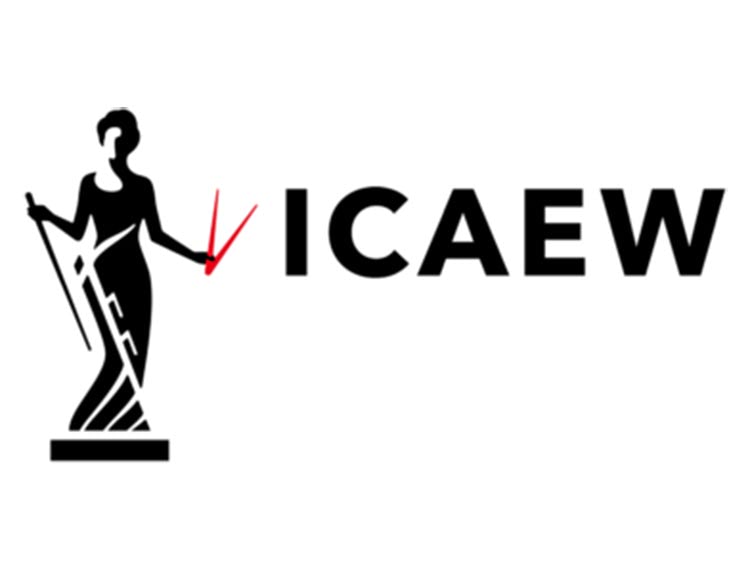ICAEW calls for more “flexible” Apprenticeship #Levy to benefit school leavers

Small and medium sized businesses in England are in danger of missing out on bright young talent if the Government doesn’t reform the Apprenticeship Levy, according to ICAEW – the Institute of Chartered Accountants in England and Wales. A-level and GCSE students received their exam results this month, with many expected to opt for an apprenticeship over university.
Apprenticeships have contributed significantly to the UK economy, especially in the accountancy sector where it has helped to plug the skills gap and support growth among small practices across the country. The benefits for non-levy paying employers are particularly enticing with the government committing to paying 95% of its apprenticeship training costs, but the complexities in accessing the funds are putting SMEs off applying.
Iain Wright, Director for Business and Industrial Strategy, ICAEW, said:
“In our interactions with businesses up and down the country, we find SMEs more and more reluctant to run their own apprenticeship schemes due to the complexity of accessing levy funds and the lack of flexibility built into the scheme. The SME sector has traditionally been a big recruiter of 16-18 year olds for apprenticeships, so this is a concerning development which could mean that talented young people are unable to access the skills and training they need to prosper in the workplace.”
Businesses in England with payrolls under £3m are not required to pay into the levy, and instead rely on leftover funding after larger employers have reclaimed their entitlement. However, SMEs who do attempt to access levy funds are not guaranteed success. A recent report from the Association of Employment and Learning Providers (AELP) found that nearly one in four (24%) apprenticeship training providers had to turn away a prospective SME employer of apprentices over a lack of funding.
“ICAEW calls on the Government to simplify the Levy and build greater flexibility into the apprenticeship programme to encourage more SMEs to take on apprentices. This will make it easier for businesses across all sectors to provide young people with the opportunity to learn while they earn or develop their skills on-the-job.” added Wright.
The Apprenticeship Levy was introduced in 2017 as part of a government drive to train three million new apprentices in England by 2020. Apprenticeships are a great way for people of all ages and from all backgrounds to get the training they need whilst on the job, not to mention securing a rewarding career without incurring tens of thousands of pounds of debt. In taking on apprentices, businesses secure the skills they need for the future, enhancing their competitiveness, productivity and profitability.
John Aslam, Managing Director and Founder of Fusion Chartered Accountants, an ICAEW member, said:
“All of our trainees study the ACA qualification on the Level 7 Accountancy Professional Apprenticeship. One of the main reasons for choosing this training route was that, in addition to the qualification, the apprenticeship gives students more structured training compared to the firm’s internal training.”
Young people can start their high quality and prestigious chartered accountancy qualification immediately after finishing their A Levels. An apprenticeship is one route into the accountancy profession, and recruiting school leavers not only gives them a different access point to the profession but also serves to diversify the workforce. For example, ICAEW’s Level 4 apprenticeship is an entry level role, designed specifically for school leavers looking for an alternative path to university.
However, it’s not just young people who should feel the benefit. The latest ICAEW UK Business Confidence Monitor found that the availability of management skills is significantly lower than that of non-management skills, so businesses would be wise to consider using part of the levy fund to up-skill older workers, through higher level apprenticeships.












Responses